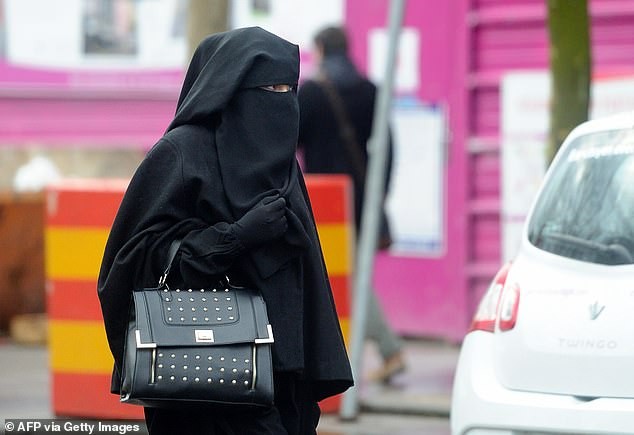Portugal Bans Public Face Veils: Fines Up to €4,000 for Wearing a Burqa or Niqab
Portugal’s parliament has approved a bill that would ban face veils worn for gender or religious reasons in public. The measure targets coverings such as burqas—full-body garments that cover the wearer from head to toe—and niqabs, the full-face veil with openings for the eyes, from being worn in most public places. The bill was proposed by the far-right Chega party and would bar face veils in most public spaces, with exceptions for airplanes, diplomatic premises and places of worship. Fines for wearing a face veil in public would be up to 4,000 euros (about £3,475). The bill still requires the president’s signature; President Marcelo Rebelo de Sousa could veto it or refer it to the Constitutional Court for review. If enacted, Portugal would join Austria, France, Belgium and the Netherlands in restricting full- or partial-face coverings. Not many women in Portugal wear such veils, but the issue has generated controversy similar to other European countries.

The Bill’s Rationale and the Political Divide
Chega argues that hiding the face subjects individuals—especially women—to exclusion and inferiority and is incompatible with liberty, equality and human dignity. The party says the ban would protect civic values by ensuring open public spaces. Lawmaker(s) from left-leaning parties dispute the move. Socialist Party MPs argued the initiative targets foreigners and people of different faiths, insisting that no woman should be forced to wear a veil, but that the far-right approach is wrong. The bill’s fate now hinges on presidential approval and potential constitutional review.

A Europe-Wide Debate: Sweden, Italy and the Question of Public Veils
The proposed Portuguese ban sits within a broader European conversation. In Sweden, Deputy Prime Minister Ebba Busch—also minister for Energy and for Business and Industry—called for a burqa and niqab ban in public, arguing such veils are an ‘oppression’ not welcome in Swedish society. She urged bans in public spaces like streets, squares, shopping centres and health facilities, saying people should be able to meet in real life without being faced with a covered face. Local restrictions have been tried in Sweden, but there is no nationwide ban. Busch linked the issue to concerns about integration and social cohesion in Sweden, claiming it reflects a need to adapt for those who choose to live in the country. Her remarks also referenced broader debates about female empowerment and cultural practices. The Swedish discussion comes as Italy’s prime minister Giorgia Meloni pushed for a burka and niqab ban in public places in Italy, with fines ranging from £260 to £2,600. The proposed Italian bill would apply to shops, offices, schools and universities, and would introduce penalties for cultural crimes such as virginity testing, while increasing punishments for forced marriages, with religious coercion listed as a prosecutable factor. The aim, the Brothers of Italy party says, is to combat religious radicalisation and hate and to reinforce national values.


